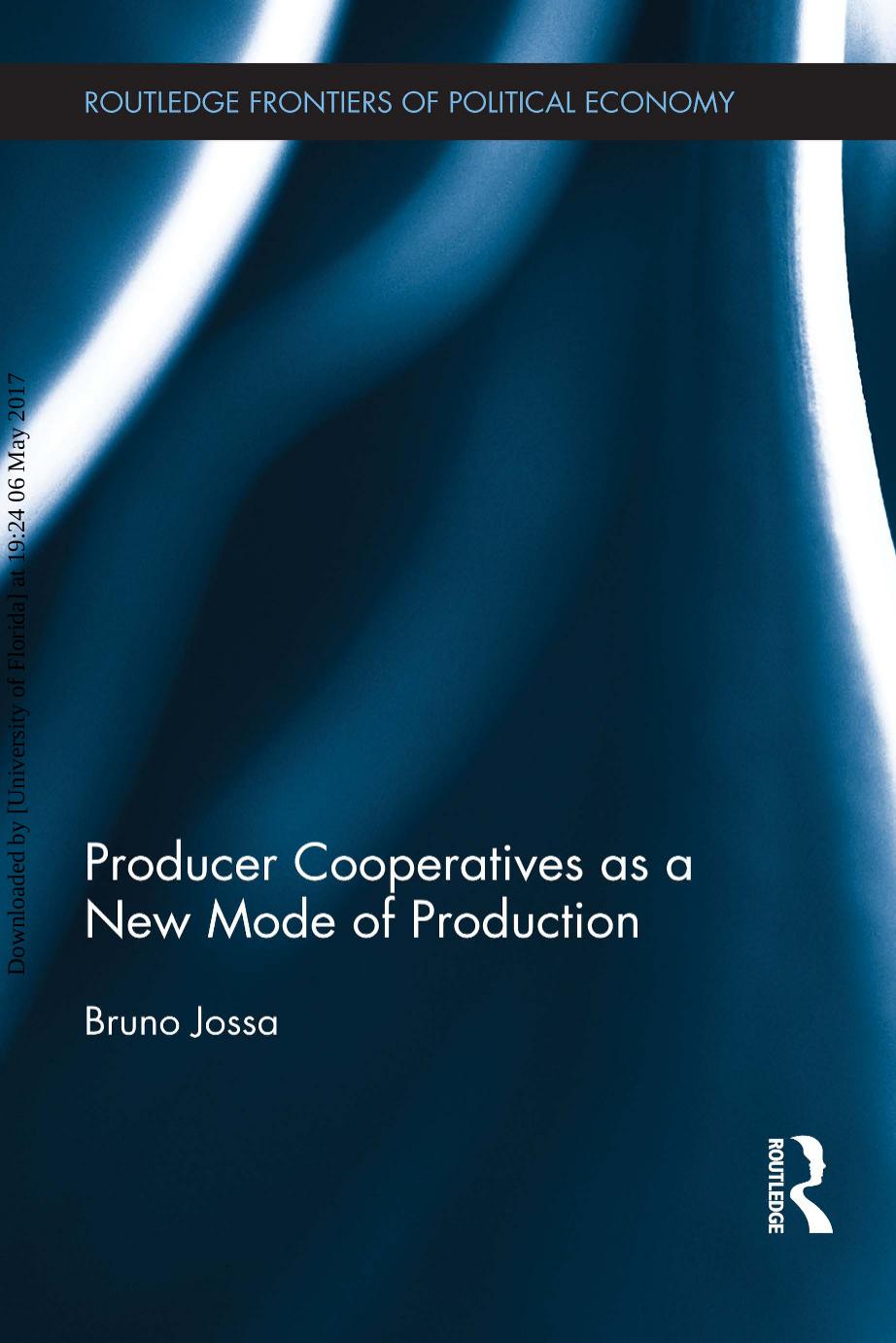

Most ebook files are in PDF format, so you can easily read them using various software such as Foxit Reader or directly on the Google Chrome browser.
Some ebook files are released by publishers in other formats such as .awz, .mobi, .epub, .fb2, etc. You may need to install specific software to read these formats on mobile/PC, such as Calibre.
Please read the tutorial at this link: https://ebookbell.com/faq
We offer FREE conversion to the popular formats you request; however, this may take some time. Therefore, right after payment, please email us, and we will try to provide the service as quickly as possible.
For some exceptional file formats or broken links (if any), please refrain from opening any disputes. Instead, email us first, and we will try to assist within a maximum of 6 hours.
EbookBell Team

0.0
0 reviewsThe notion that there is no alternative to capitalism emerged after the fall of the Berlin Wall and made rapid headway due to increasing economic globalisation. More recently, this belief that there is no viable alternative has held firm despite the financial crisis, high unemployment levels and an ever-increasing gap between rich and poor.
However, since the appearance of Benjamin Ward’s seminal 1958 article, economic theorists have been developing a workable alternative: a system of self-managed firms. The core argument outlined in this book is that a well-organised system of producer cooperatives would give rise to a new mode of production and, ultimately, a genuinely socialist society.
This argument is developed through three key steps. First, following on from Jaroslav Vanek’s definition, it is argued that a ‘Labour-Managed Firm’, a firm which strictly segregates capital incomes from labour incomes, would implement a new production mode because it would reverse the pre-existing relation between capital and labour. Second, given that a system of these ‘Labour-Managed Firm’ cooperatives would reverse the capital-labour relationship, it is suggested that this would constitute a form of market socialism. Third, it is argued that compared to capitalism a system of producer cooperatives offers a wealth of advantages, including the potential for efficiency gains, the eradication of unemployment and the end of exploitation. Ultimately, this book concludes that self-management could take the place of central planning in Marxist visions for the future.